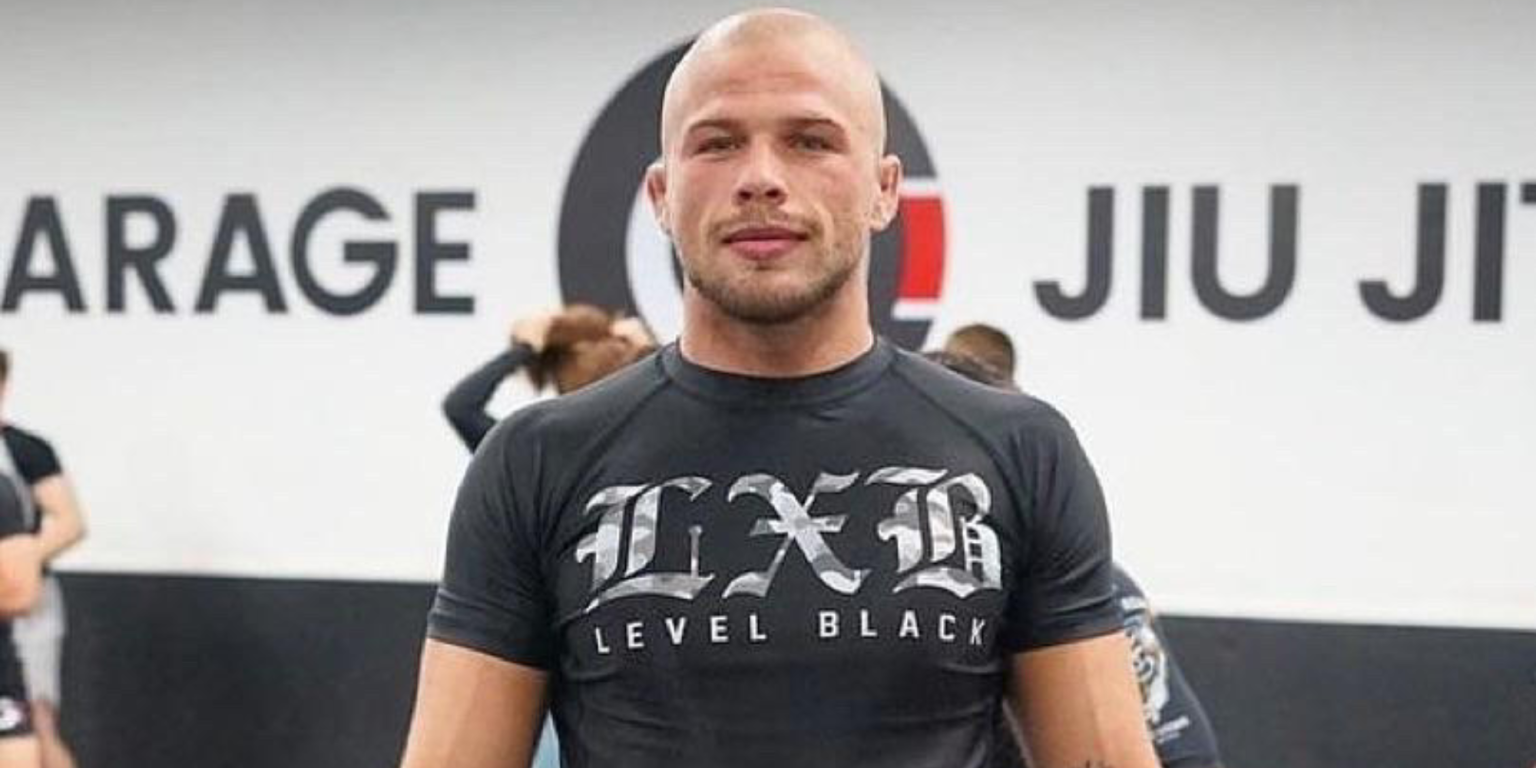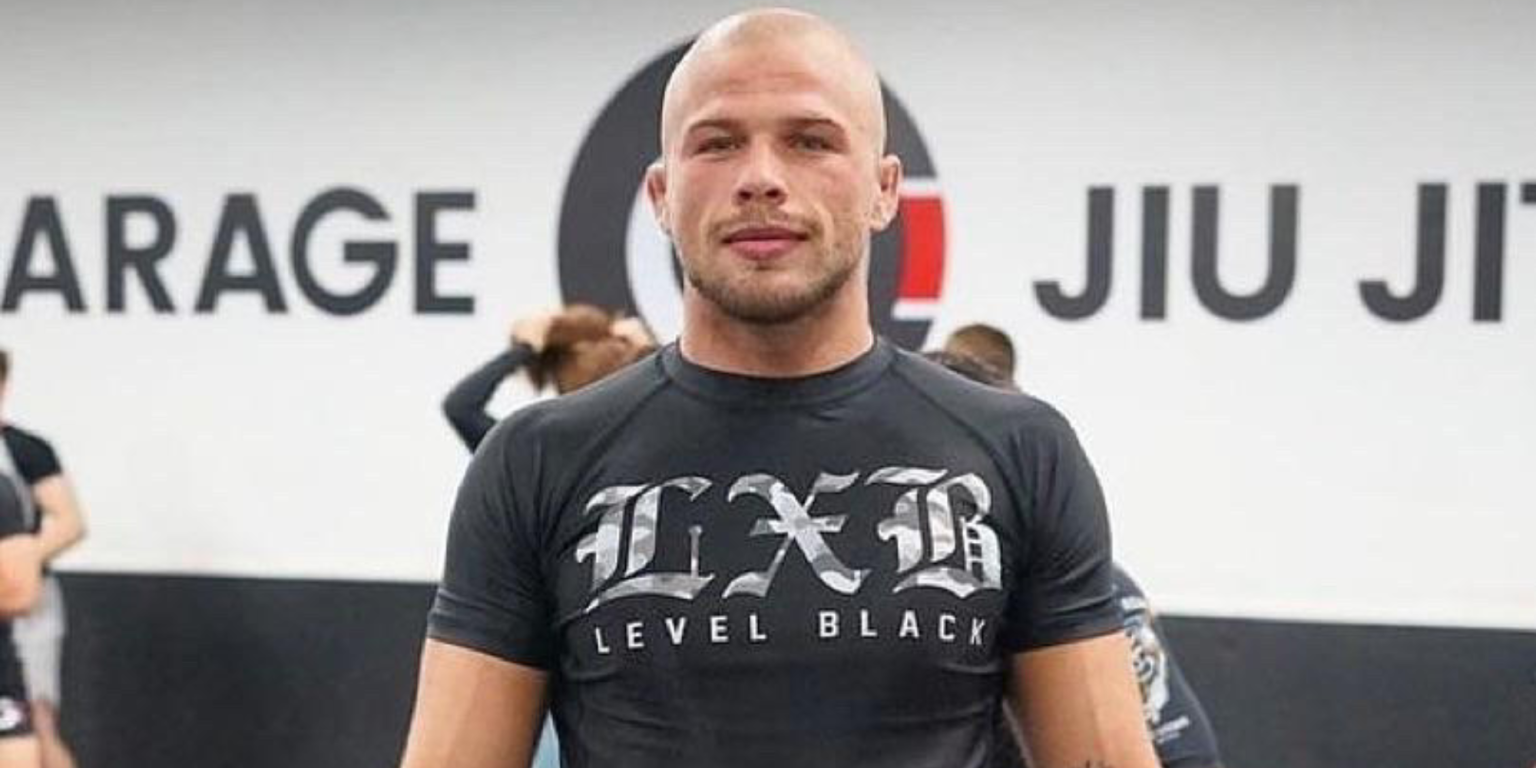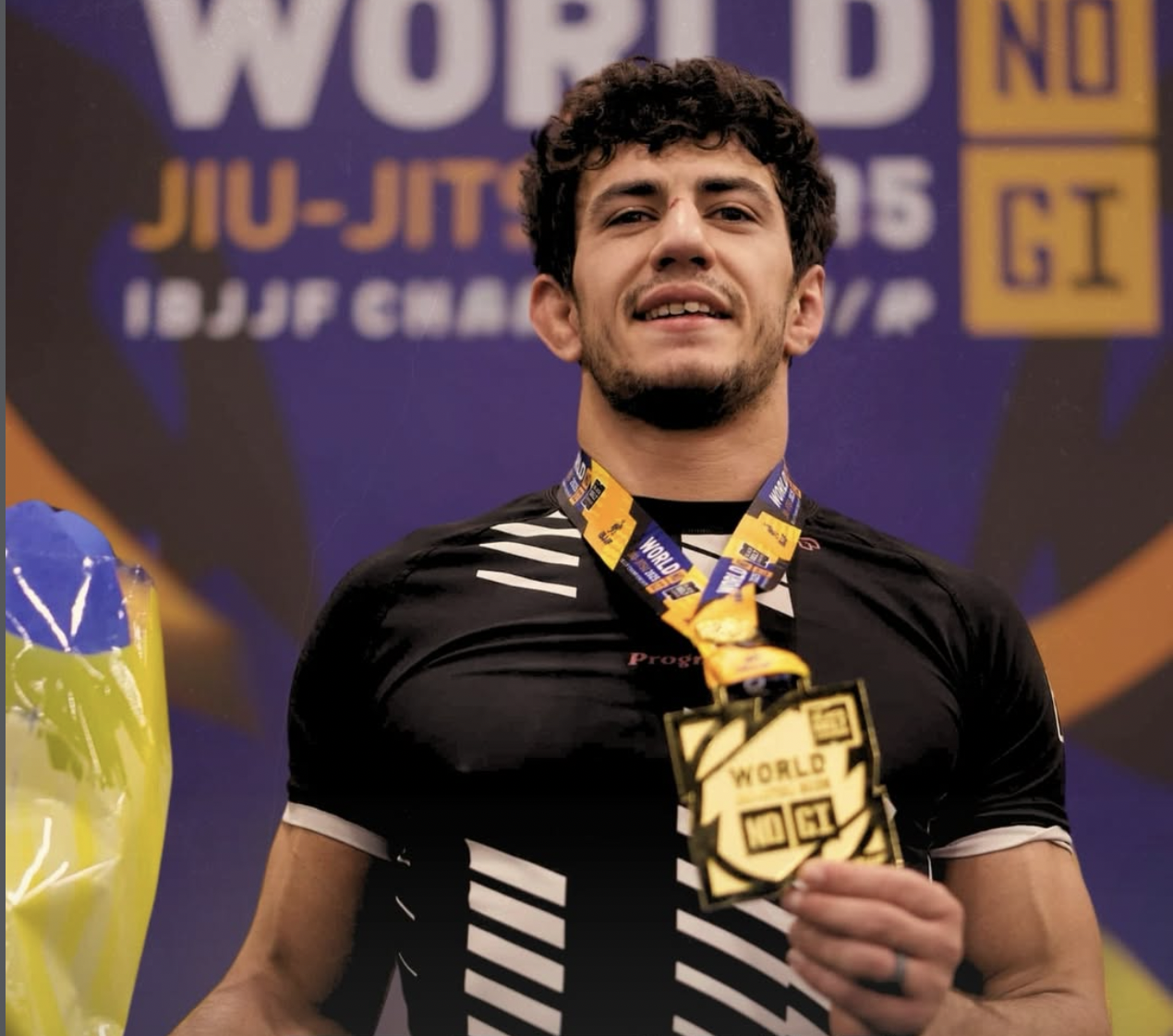The Brazilian Jiu-Jitsu community has been buzzing about Derek Moneyberg’s rapid rise to black belt, and now the sport’s biggest name has weighed in. Gordon Ryan recently defended the financial guru’s promotion during an appearance on The Joe Rogan Experience, offering insights that might change how people view this controversial topic.
The Controversy That Won’t Go Away
Derek Moneyberg received his black belt after just three and a half years of training, sparking intense debate across the grappling world. The promotion came roughly a year earlier than IBJJF minimum time requirements suggest, though these aren’t legally binding standards. Still, it places Moneyberg among the fastest black belt promotions in BJJ history.
The backlash was swift and predictable. Social media exploded with criticism, questioning whether someone could legitimately reach black belt level in such a short timeframe. Moneyberg later responded to his critics, but the debate continued to rage across BJJ forums and comment sections.
Ryan’s Reality Check
Gordon Ryan, who has trained with Moneyberg personally, offered a different perspective during his Rogan appearance. His take was refreshingly practical and grounded in real experience rather than internet speculation.
“Everyone thinks that Derek is going to go out and beat an ADCC champion… it’s just not how it’s going to work,” Ryan explained. “But I mean if he trained with a guy his… Like he’s 45 years old or 42 years old, if he trained with a 42 year-old black belt he’d do fine.”
This perspective cuts through much of the noise surrounding the promotion. Ryan isn’t claiming Moneyberg is the next grappling phenom – he’s simply stating that the man deserves his rank when compared to his actual peer group.
The Training Reality
Ryan also shed light on how Moneyberg’s training differs from the typical gym experience. Unlike most practitioners who develop their skills rolling with various training partners at local academies, Moneyberg’s approach is more specialized.
“He trains with the guys who come in to train him, so he doesn’t have like a lot of looks,” Ryan noted. “Like he doesn’t go in to like a normal gym and train, which is something I think that’s important to do just for your personal journey in Jiu-Jitsu.”
This training method might explain some of the criticism. When people think of black belt development, they picture years of grinding in packed gym rooms, getting submitted by blue belts, and slowly building skills through diverse experiences.
The Comparison That Matters
Perhaps most importantly, Ryan offered his assessment based on extensive experience training with both Moneyberg and countless other black belts at Kingsway Jiu-Jitsu.
“When you actually go to a gym and you see like what your average black belt is, it kinda brings you back to reality and you’re like ‘oh, this is what black belts are’,” Ryan observed. “Like if Derek rolled with like a regular black belt in the gym, he’d do fine.”
Ryan went even further, suggesting Moneyberg might actually perform better than many would expect: “If he had to compete against an average black belt who’s been doing Jiu-Jitsu for 10 years and he does it for an hour in a random gym in Kentucky… he’d probably beat him up to be honest.”
The Bigger Picture
This controversy highlights a fundamental question about belt rankings in modern BJJ. Are we measuring technical proficiency, time served, or competitive achievement? Different schools and instructors emphasize different aspects of development.
Ryan’s defense of Moneyberg suggests that when evaluated against appropriate standards – other recreational black belts in his age group rather than world champions – the promotion makes sense.
What This Means for BJJ
The Moneyberg situation reflects broader changes in how BJJ is practiced and taught. With private instruction, specialized coaching, and focused training becoming more common, traditional timelines and development paths are evolving.
Ryan’s comments suggest the BJJ community might need to adjust expectations and evaluation criteria. Not every black belt needs to be a competition destroyer or gym legend. Sometimes, a black belt just needs to demonstrate black belt-level skills against appropriate training partners.
The Verdict
Gordon Ryan’s defense of Derek Moneyberg’s promotion offers valuable perspective from someone who has actually trained with both the man in question and thousands of other black belts. His assessment is based on direct experience rather than internet speculation.
While the controversy will likely continue, Ryan’s insights remind us that belt promotions should be evaluated based on actual skill demonstration rather than arbitrary timelines or internet opinions. In the end, the mat doesn’t lie – and according to Ryan, Moneyberg’s skills speak for themselves when measured against realistic standards.
The BJJ community would benefit from more nuanced discussions about belt standards rather than knee-jerk reactions to anything that challenges traditional expectations.






